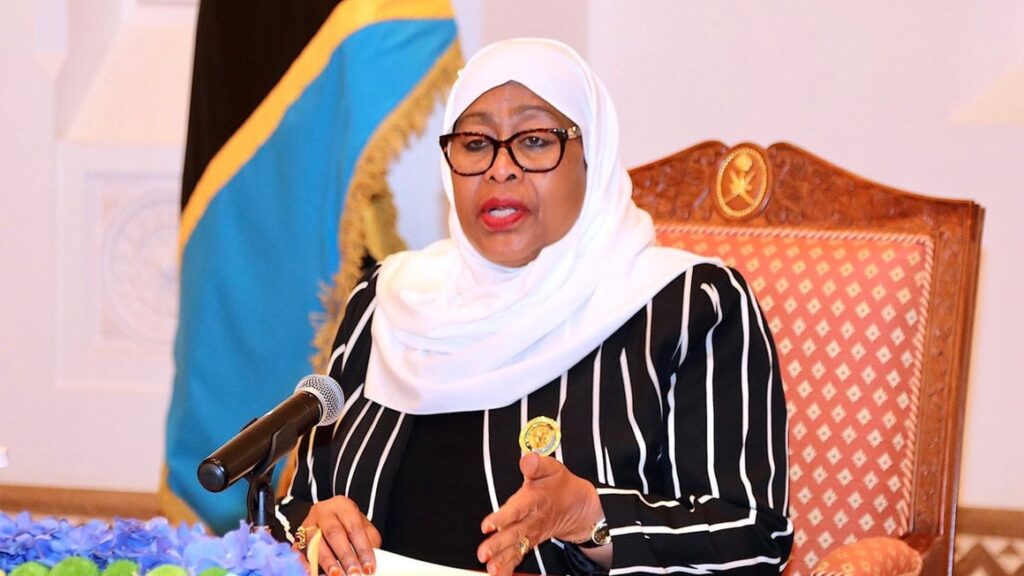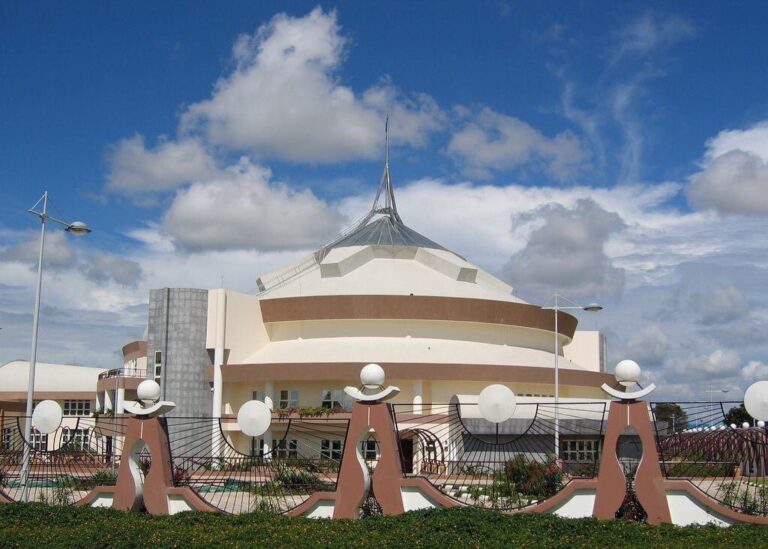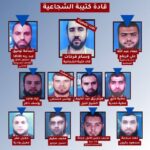The Tanzania government, has proposed amendments to election laws.
However, Political parties in Tanzania are not amused with the proposed changes to electoral laws. However, the first tabling in Parliament of the National Electoral Commission Bill (Nec), have been met with diverse views. Several critics have asserted that the Nec Bill has contradictions by stating that the commission will be an “independent, autonomous organ whose decisions will not be interfered with” while at the same time including clauses that indicate the president will have the final say in who to admit as members. The Bill introduces new procedures for people to apply for advertised vacancies in Nec and undergo rigorous interviews by a “special recruitment committee” instead of the commissioners being appointed directly by the president. It also requires the committee to forward at least nine chosen names for the president to decide on the maximum five commissioners, while filling the positions of Nec chairperson and vice-chairperson remains the sole discretion of the head of state as expressly stipulated in Tanzania’s constitution. The committee will also be mandated to interview applicants for the key post of director of elections, who has also hitherto been appointed directly by the president but unlike the commissioners is a salaried position.

The government is using ordinary laws to fix deficiencies in the constitution. The constitution says it is the president’s prerogative to appoint commissioners of the election commission. Still, the proposed amendment says the Chief Justice will head an appointment committee to recruit the commissioners.
Tanzania came up with an ordinary law to upend constitutional provisions that have made it abundantly clear that only two-thirds of members of Parliament from all sides of the Union can change those provisions like election, which is a union matter in areas of the election of the union president, vice president and members of the Union Parliament.
Tanzanian President Samia Suluhu Hassan has signaled her reluctance to allow changes to the supreme law, until, at least after the next elections. The country is headed for civic elections in 2024, as well as later parliamentary and presidential polls in 2025. Samia, whether tactical or logically, says the country has no time to prepare for elections while amending its laws. “It will take time to write and endorse the new constitution. We are going to start with awareness and education campaigns to the people of Tanzania to make them know what the constitution is before we sit down to write a new constitution”.
Reactions from political reforms proponents to these new provisions in the Nec Bill were generally despondent with opposition party the Civic United Front (CUF) saying it had failed to adequately address its primary concerns over the president’s overriding powers to control the entire Nec set-up.
Other parties continued to maintain a hardline stance that changes in election legislation were meaningless without first addressing potential conflicts between the new laws and the existing constitutional framework.
Parliamentary Committee on Governance, Constitution and Legal Affairs continued to collect public opinions on three crucial election bills with a section of participants endorsing the provision that declares a winner of the presidential polls based on majority votes.
The Presidential, Parliamentary and Local Government Elections Bill of 2023 states that the winner of the presidential polls will be declared after obtaining a majority of votes.
There has been a section of political stakeholders who have been advocating for legal changes requiring that, in order for the president to win, he or she should obtain 50+1 votes, meaning more than 50 per cent.
However, some participants who shared their views suggested that, considering the experience of low turnout in the previous elections, it would be impossible to implement the 50+1 threshold.
By maintaining majority votes in declaring the winner, the country would equally reduce the costs of repeating elections if the percentage was not attained.
The 50+1 approach is likely to force the government to dig deeper into the state coffers to finance repeated elections if the presidential votes are not enough. Policymakers should maintain majority votes win as it has always been since the inception of multi-party democracy in the country.
A public participation exercise began at Parliament’s Msekwa Hall in the country’s capital, following the first tabling in Parliament of the National Electoral Commission (NEC) Bill, 2023, the Presidential, Parliamentary, and Local Government Elections Bill, 2023, and the Political Parties Affairs Laws (Amendment) Bill, 2023.
The three bills, which have drawn public attention, were tabled by the government on November 10, 2023. They seek to establish an independent electoral commission and address key democratic reforms that aim to level the political playing field in the upcoming elections in Tamzania.
The bills, which will be deliberated before being assented into law after the second reading, are expected to reshape the country’s political and electoral landscape.
The national exercise for public participation saw some participants suggesting that the law should include a provision for compulsory debates among candidates vying for presidential, parliamentary, and councillor positions.
By including a provision for public debates, it would be easier for Tanzanians to know what their candidates plan to do for them, even if they do not attend campaign rallies.
the Legal and Human Rights Centre proposed that the new law should establish a timeframe for the announcement of presidential, parliamentary, and councillor election results in order to eliminate the unprecedented delays in announcing results by the national electoral agency.
Voter Identity Cards (IDs) should be provided for free to people at all times, even if approved voters have misplaced them. The NEC Bill, 2023, suggests that those who lose their ID cards will have to pay for new ones, something which LHRC says will reduce the number of voters.There was a poor turnout at polling stations in the previous elections. Therefore, by forcing voters to pay for lost cards, we will lose many voters who cannot afford to pay for new ones.




